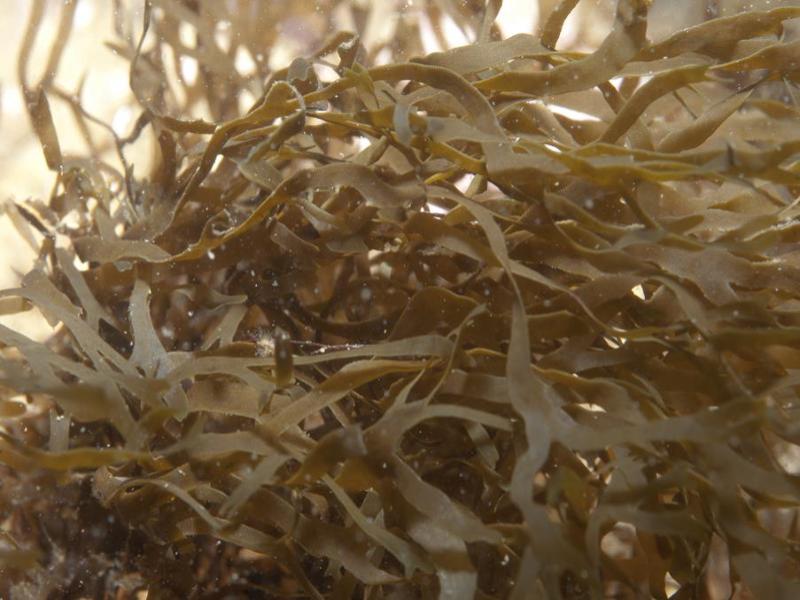
Using seaweed extract as an alternative to antibiotics in pig feed
A major focus of animal nutrition research at Lyons Farm has been the search for alternatives to in-feed antibiotics for livestock and in particular for pigs. Research has shown that the supplementation of a seaweed extract containing laminarin to weaned pigs suppressed faecal e. coli numbers and improved performance post-weaning.Research at Lyons, carried out by Professor John O’Doherty and Professor Torres Sweeny, has shown that whole milled seaweed and whole seaweed extracts have very limited value in pig diets but the sugars laminarin and fucoidan in particular are most interesting with potent biological activities in pigs.
Subsequent research has shown that the supplementation of a seaweed extract containing laminarin to weaned pigs suppressed faecal e. coli numbers and improved performance post-weaning. These results suggest that laminarin benefits the gastrointestinal microflora of pigs mediated by potent antibacterial effects and had a growth performance similar to zinc oxide. A suppressed enteric e. coli population may ultimately help alleviate the incidence and severity of post-weaning diarrhoea in pigs.
Background
In modern pig production, weaning is a major stress in the pig’s life. The occurrence of post-weaning diarrhoea and the subsequent growth check cause large economic losses for the pig industry worldwide. Traditional measures to reduce weaning-associated intestinal disorders have centred on dietary inclusion of antibiotic growth promoters (AGP) in weaning pig diets, or high concentrations of dietary minerals in the form of zinc oxide at doses well above nutritional requirements.
The direct purpose of these additives is to suppress the growth of pathogenic bacteria such as Escherichia coli (E. coli) and salmonella. The overuse of antibiotics is closely related to the growing number of antimicrobial-resistant agents and raises important concerns about animal and also human health. As a consequence of these concerns, the EU implemented a full ban on antibiotic growth promoter usage (AGP) in livestock diets in January 2006. Other pig-producing regions worldwide are also under pressure to minimise or completely eliminate the inclusion of in-feed antibiotics in livestock diets and there are concerns regarding the feeding of pharmacological doses of zinc oxide to pigs because of its link to an increase in antibiotic resistance and zinc accumulation in the environment.
Historically, seaweeds have always been known for their medicinal properties. Seaweed extracts are now showing a wide range of biological activities – anti-oxidant, anti-cancer, anti-coagulant and anti-inflammatory activities among others – with potential use in the food and nutraceutical markets.